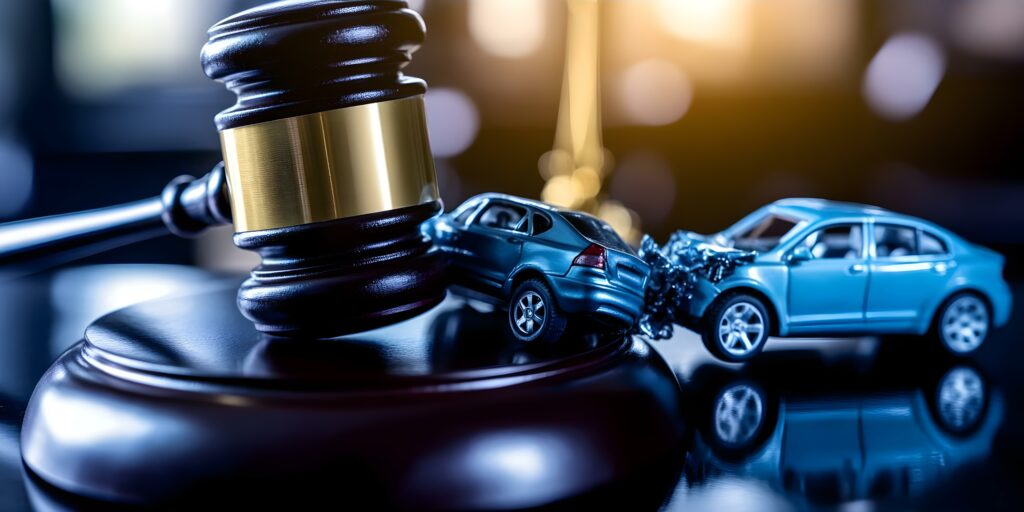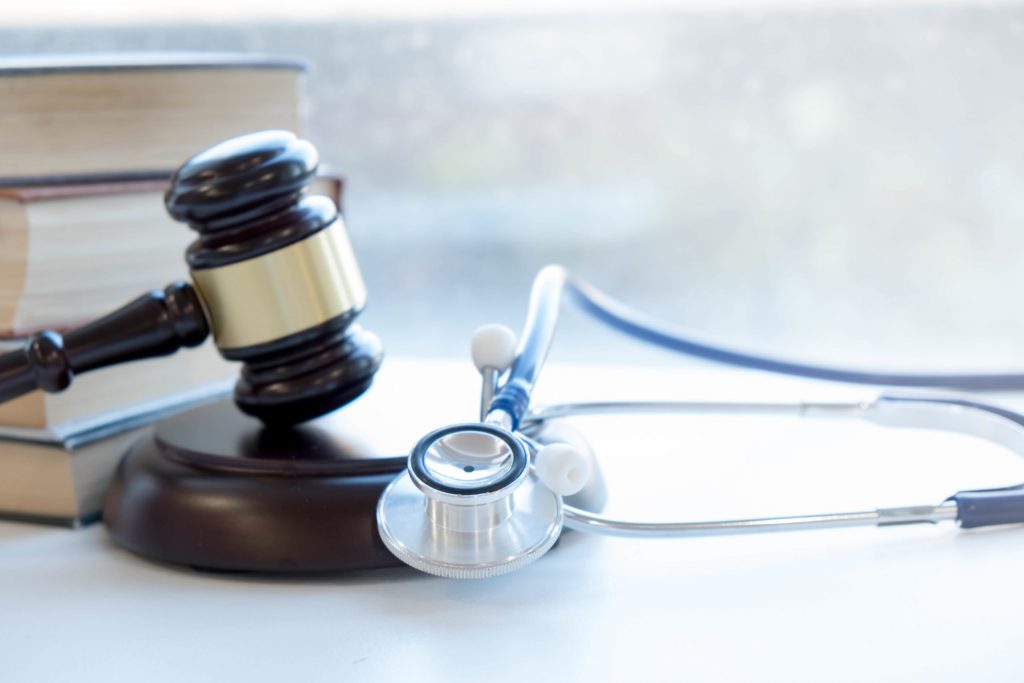Now Reading: What Happens If You’re in a Car Accident While Driving for Work
-
01
What Happens If You’re in a Car Accident While Driving for Work

What Happens If You’re in a Car Accident While Driving for Work
If you’re injured in a car accident while driving for work, the legal and financial fallout can be far more complex than a typical crash. You may be entitled to workers’ compensation, and your employer could share liability—along with other drivers or third parties involved. These cases often involve multiple insurance policies and overlapping claims, which can affect how damages like medical bills, lost wages, and vehicle repairs are covered. Unlike personal trips, driving for work comes with added legal responsibilities. Knowing your rights and how to navigate the system is key to protecting yourself and getting the compensation you deserve.
Understanding Employer Liability in Work-Related Car Accidents
When a car accident happens during work-related duties, the employer may bear some responsibility. This principle falls under the legal doctrine of “vicarious liability,” which holds employers accountable for employees’ actions performed within the scope of their job. If you were making deliveries, driving to a client meeting, or running a work-related errand when the accident happened, your employer’s insurance may cover the damages.
Vicarious liability does not apply in every situation. If you were running personal errands, driving under the influence, or engaging in reckless behavior, your employer may argue that you were acting outside your job duties. In such cases, you may be personally responsible for the damages.
Workers’ Compensation and Car Accidents
Workers’ compensation benefits may be available if you were injured in serious car crashes while performing job-related duties. These benefits can cover medical expenses, lost wages, and rehabilitation costs. Workers’ compensation typically does not cover vehicle damage.
Workers’ compensation is a no-fault system, meaning that you do not have to prove that your employer was negligent to receive benefits. Even if you caused the accident, you may still qualify for compensation as long as you were engaged in work-related activities.
When Workers’ Compensation May Not Apply
Workers’ compensation might not cover your injuries if:
- You were commuting to or from work. Generally, accidents that occur during a routine commute are not considered work-related.
- You were off duty or engaging in personal activities at the time of the crash.
- You were in violation of company policies or driving under the influence.
If workers’ compensation does not apply, you may need to explore other legal options to recover damages.
Filing a Third-Party Claim for Compensation
If another driver caused the accident, you may have grounds for a third-party claim. This allows you to seek compensation from the at-fault driver’s insurance company for damages, including pain and suffering, vehicle repairs, and medical bills. A Chicago car accident lawyer can help you determine if you have a strong claim and guide you through the legal process. These lawyers for car accident victims comes with unmatched experience.
Unlike workers’ compensation, a third-party claim requires proving fault. Evidence such as police reports, witness statements, and medical records will play a critical role in establishing liability.
Employer’s Insurance vs. Personal Auto Insurance
Determining which insurance policy applies can be complicated. If your employer has commercial auto insurance, it may cover the accident. If you were using your personal vehicle for work, your auto insurance may need to step in. Some policies exclude work-related driving, meaning you might have to rely on your employer’s coverage. A top-rated car accident attorney can review your policy and advise you on the best course of action.
Legal Steps to Take After a Work-Related Car Accident
1. Seek Medical Attention Immediately
Even if injuries seem minor, a medical evaluation is essential. Some injuries, such as whiplash or internal damage, may not be immediately apparent. Seeking medical care also creates documentation that can support your claim.
2. Report the Accident to Your Employer
Notify your employer as soon as possible. Delaying your report could affect your eligibility for workers’ compensation or employer-provided insurance coverage.
3. Gather Evidence at the Scene
Take photos of the accident scene, vehicle damage, and any visible injuries. Collect contact information from witnesses and obtain a copy of the police report. This evidence can be valuable if you need to file a claim.
4. Consult a Chicago Car Accident Lawyer
Navigating work-related car accident claims can be challenging, especially when dealing with multiple insurance companies and legal complexities. A knowledgeable attorney can help you understand your rights, negotiate with insurers, and pursue the compensation you deserve.
Special Considerations for Rideshare and Delivery Drivers
Rideshare and delivery drivers face unique legal challenges when involved in work-related accidents. Unlike traditional employees, they are often classified as independent contractors, which can complicate their ability to file workers’ compensation claims.
Companies like Uber, Lyft, DoorDash, and Amazon Flex provide insurance coverage under specific conditions:
- If the app is off, personal insurance applies.
- If the app is on, but no ride or delivery is accepted, the company provides limited liability coverage, which may not fully cover damages.
- If a ride or delivery is in progress, the company’s full commercial insurance policy may apply, covering medical expenses, property damage, and liability.
Navigating these insurance policies can be difficult, as companies may dispute liability or coverage limits. Drivers must also consider gaps in coverage, uninsured motorist protection, and conflicts between personal and company-provided insurance.
These distinctions impact how claims are handled. A car accident attorney can clarify your options, negotiate with insurers, and ensure you receive appropriate coverage for medical bills, lost wages, and other damages.
Protecting Your Rights After a Work-Related Car Accident
Being injured in serious car crashes while driving for work can be overwhelming, but taking the right steps can protect your financial and legal interests. Seeking immediate medical care, reporting the accident, and consulting a skilled attorney can make a significant difference in securing compensation.
In addition to medical treatment, gathering evidence—such as photos, witness statements, and police reports—can strengthen your claim. It’s also important to notify your employer and file a workers’ compensation claim, if applicable. Insurance companies may try to minimize payouts, so having legal representation is crucial.
If you were involved in a work-related car accident and need legal guidance, speaking with a car accident lawyer can help you navigate the claims process effectively. Understanding your rights and options ensures that you receive the support you need to recover physically, emotionally, and financially.










